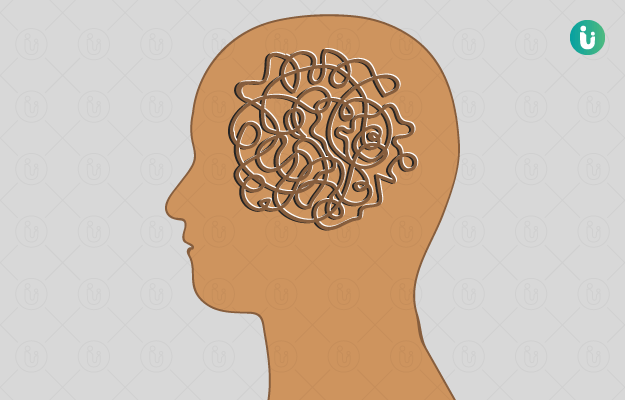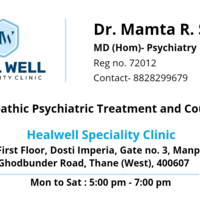What is Psychosis?
Psychosis is a severe mental condition in which a person suffers from hallucinations or delusions and has an impaired relationship with reality. Psychosis is a serious condition which requires urgent medical help, as people who suffer from it may hurt themselves or others around them.
What are its main signs and symptoms?
There are many definitive signs and symptoms of psychosis. Some of them are:
- Lack of sleep or sleeping more than usual (disturbed sleep cycle).
- Depression.
- Anxiety.
- Hallucinations.
- Delusions.
- Difficulty concentrating.
- Withdrawal from family and friends.
- Suicidal thoughts or actions.
What are the main causes?
Psychosis is more likely to occur in a person with a family history of mental illness. Certain chromosomal disorders can also lead to psychosis. Other possible causes are:
- Drug abuse.
- Disturbing and depressing environment.
- A brain tumour.
- Brain diseases like Parkinson’s or Huntington’s disease.
- Bipolar disorder.
- Delusional disorder.
- Psychotic depression.
- Schizophrenia.
How is it diagnosed and treated?
The diagnosis of any kind of psychotic disorder is based on observing the individual and inferring how they react to stimuli. A physician may refer the person to a psychiatrist for further help and assessment of the condition.
Drugs, such as antipsychotics, are administered to individuals to help reduce the hallucinations and delusions and help them develop a clear distinction between reality and things which are unreal.
Counselling and psychotherapy may also be suggested and can be helpful in these conditions, especially in bipolar or psychotic conditions where regular sessions with a mental health counsellor can make the person feel at ease and concur with reality.
Fighting psychosis is a challenge and needs determination and co-operation from the family members in providing continuous help and support to the affected person, as in such conditions, people usually find themselves distanced from their family and friends.

 Doctors for Psychosis
Doctors for Psychosis  OTC Medicines for Psychosis
OTC Medicines for Psychosis



















